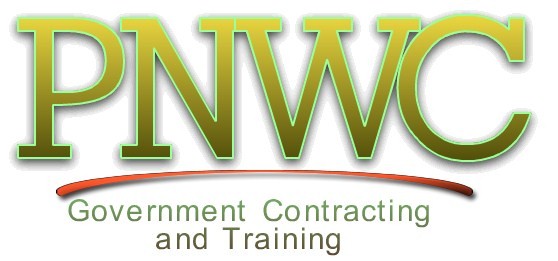5 Tips to Identify When to Hold A Training | Red Team Consulting

If you’re in the government contracting world, holding a training for your proposal, business development, capture, or pricing teams can be a daunting task. There are many questions and steps required before the actual training takes place, some of which include:
Source: 5 Tips to Identify When to Hold A Training | Red Team Consulting











